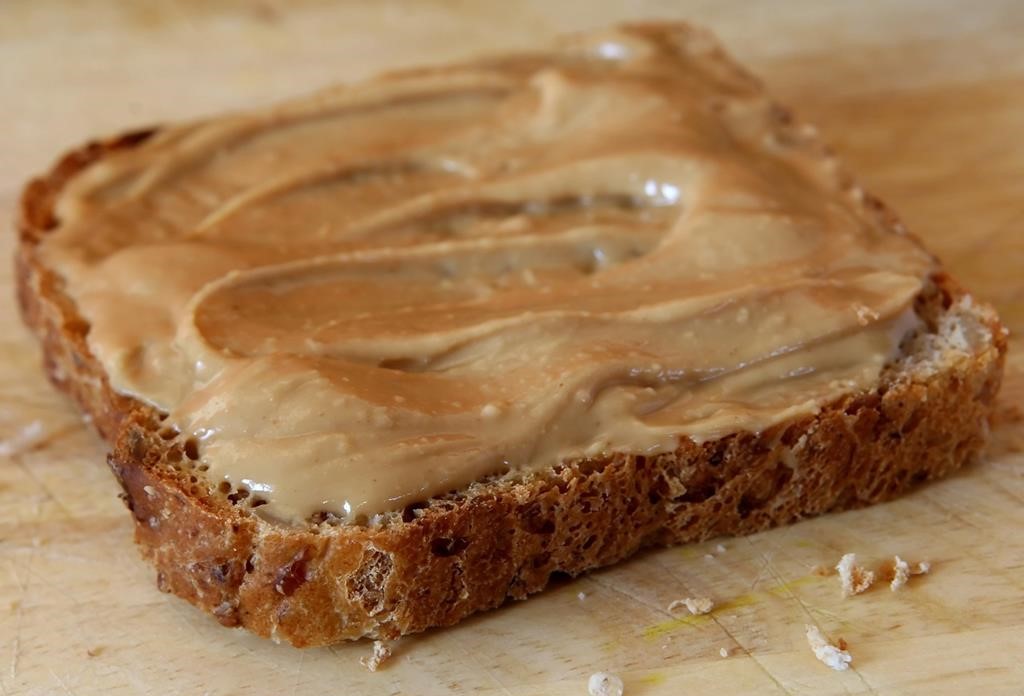Cats and dogs may share our homes, but they have distinct dietary needs based on their evolutionary history and physiology. While both animals are carnivores, they have unique nutritional requirements. This article explores whether cats can eat dog food, the key differences between cat and dog diets, and the potential risks associated with feeding your feline friend canine cuisine.
The Differences in Cat and Dog Diets
- Protein Requirements: Cats are obligate carnivores, which means they have a higher requirement for animal-based protein than dogs. Their diet primarily consists of meat, and they rely on specific amino acids that are only found in animal tissues. Dog food often contains less protein and may not meet a cat’s essential amino acid needs.
- Taurine: Cats require taurine, an amino acid, in their diet to maintain healthy heart and eye function. Taurine is not a critical dietary component for dogs, and cat food is formulated to provide sufficient amounts of it.
- Vitamin A: Cats cannot convert beta-carotene (found in plants) into vitamin A, which is crucial for vision, growth, and overall health. Cat food includes preformed vitamin A, whereas dog food may rely on beta-carotene.
- Arachidonic Acid: Cats need arachidonic acid, an essential fatty acid, for skin and coat health. Dog food may not contain adequate levels of this nutrient.
- Essential Nutrients: Cats require specific vitamins and minerals in their diet, including niacin, pyridoxine (vitamin B6), and certain trace minerals like zinc and copper. Dog food may not provide these nutrients in the appropriate amounts for cats.

Risks of Feeding Cat Dog Food
- Nutritional Deficiencies: Feeding your cat dog food exclusively or over the long term can lead to nutritional deficiencies, which may result in health issues, including malnutrition and impaired growth.
- Taurine Deficiency: A lack of taurine can lead to heart disease (dilated cardiomyopathy) and eye problems in cats. Dog food typically does not contain sufficient taurine for feline needs.
- Obesity: Dog food may have a lower protein content than cat food, which can lead to overeating and obesity in cats trying to satisfy their nutritional requirements.
- Digestive Issues: Cat and dog digestive systems differ, and feeding cat food to dogs or dog food to cats can lead to digestive upset, such as diarrhea or vomiting.
- Long-Term Health Consequences: Prolonged consumption of the wrong type of food can lead to long-term health issues in cats, including urinary tract problems and skin and coat disorders.
Can Cats Eat Dog Food in an Emergency?
While it is not advisable to feed your cat dog food regularly, in emergencies, a small amount of dog food is unlikely to harm your cat. If you run out of cat food temporarily, dog food can serve as a temporary substitute, but it should not become a regular practice.
If you find yourself in this situation, choose a high-quality dog food with more meat content and fewer fillers, as this will provide a better protein source for your cat. Ensure that you return to feeding your cat a nutritionally balanced cat food as soon as possible.
Conclusion
In conclusion, cats and dogs have different dietary requirements, and feeding your cat dog food on a regular basis can lead to nutritional deficiencies and health problems. It’s essential to provide your cat with a well-balanced, species-appropriate diet designed specifically for felines. If you ever have concerns about your cat’s diet or suspect any nutritional issues, consult with your veterinarian for guidance and recommendations on the best nutrition plan for your beloved feline companion.



